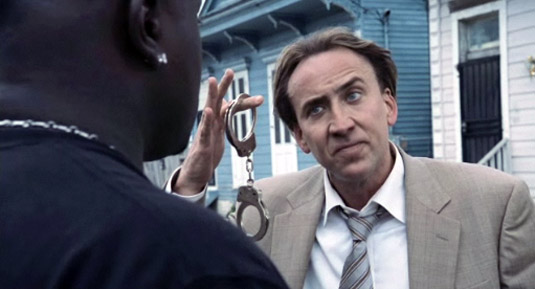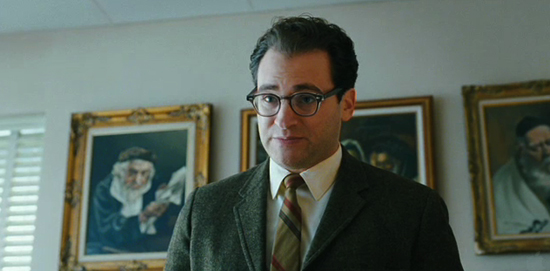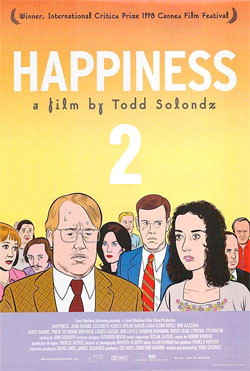Edge of Darkness was originally a six-hour BBC mini-series that aired in 1985. The longer television format may have benefited the story in a few cases, particularly the character development of Emma Craven (Bojana Novakovic). The audience is barely introduced to Emma before she’s dead in Craven’s arms, which makes it more difficult to share in his desire to find her killer. That’s where Gibson’s performance takes over.

Though his recent media-baiting personal problems have obscured the fact, Gibson remains a powerful actor. His turn as the unfortunately named Tom Craven may not be the most original or challenging role – a police officer driven to work outside the law in order to avenge his daughter – but the pain he emotes, coupled with several “hallucination” scenes with a younger version of Emma, helps flesh out the relationship he had with his daughter that wasn’t initially apparent. Elsewhere, Danny Huston plays corporate fat cat Jack Bennett with skin-crawling efficiency.
The plot is intriguing enough to keep audiences engaged, and the initial questions are answered in a reasonably satisfying manner. There are, however, some murky points, the lingering one being Jedburgh’s (Ray Winstone) motives for sympathizing with Craven.
Though action movies fans will be happy to see Gibson’s several scenes of gunplay, the movie focuses more on conspiracy and less on violence. The story seems to take on an anti-government theme, and the fear over nuclear research that fueled the British mini-series has diminished over the time between the Cold War-era airing of the original and the present. The official types working against Craven tend toward the one-dimensional, demonstrating shady evil-for-the-sake-of-being-evil personalities that are all too familiar in conspiracy films.
Meanwhile, it takes a suspension of disbelief to follow Craven’s relatively linear search for the murderer, considering characters’ constant assertions that the perpetrators of such crimes are rarely captured. It doesn’t wrap up as neatly and happily as it could have, but the ending is pure Hollywood. For comparison, consider that the original series’ writer, Troy Kennedy Martin, wanted Craven to transform into a tree at the conclusion of the story.
As a conspiracy thriller, Edge of Darkness is above average, thanks to Gibson’s strong portrayal of Craven. The movie itself doesn’t quite live up to the legacy of its televised inspiration, but it’s a worthy diversion nonetheless.
[Apollo's] Hipness rating: 5 out of 10
[Apollo's] Actual rating: 6 out of 10



























